Why Dual Agency in Real Estate Can Be Risky — And What You Should Do Instead
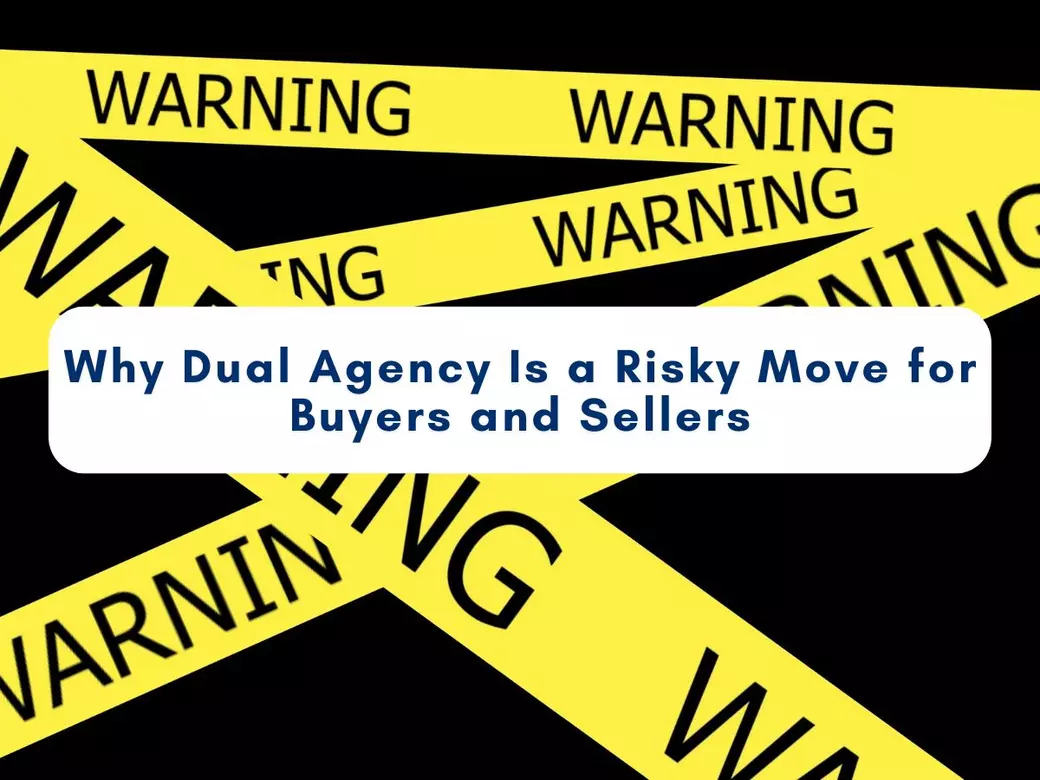
Why Dual Agency Is a Risky Move for Buyers and Sellers | Real Estate Insights
If you're buying or selling a home in Virginia—especially if you're a first-time home buyer, selling to move up, buying land, PCSing with the military, or making the leap from renting to owning—you're probably looking for a real estate experience that feels trustworthy, clear, and in your best interest.
But there’s one practice in real estate that can make that trust incredibly complicated: dual agency.
Whether you've heard of it or not, understanding what dual agency is—and why it’s risky—can protect you from making a decision that could cost you financially and emotionally during your transaction.
Let’s break it all down, in plain English.
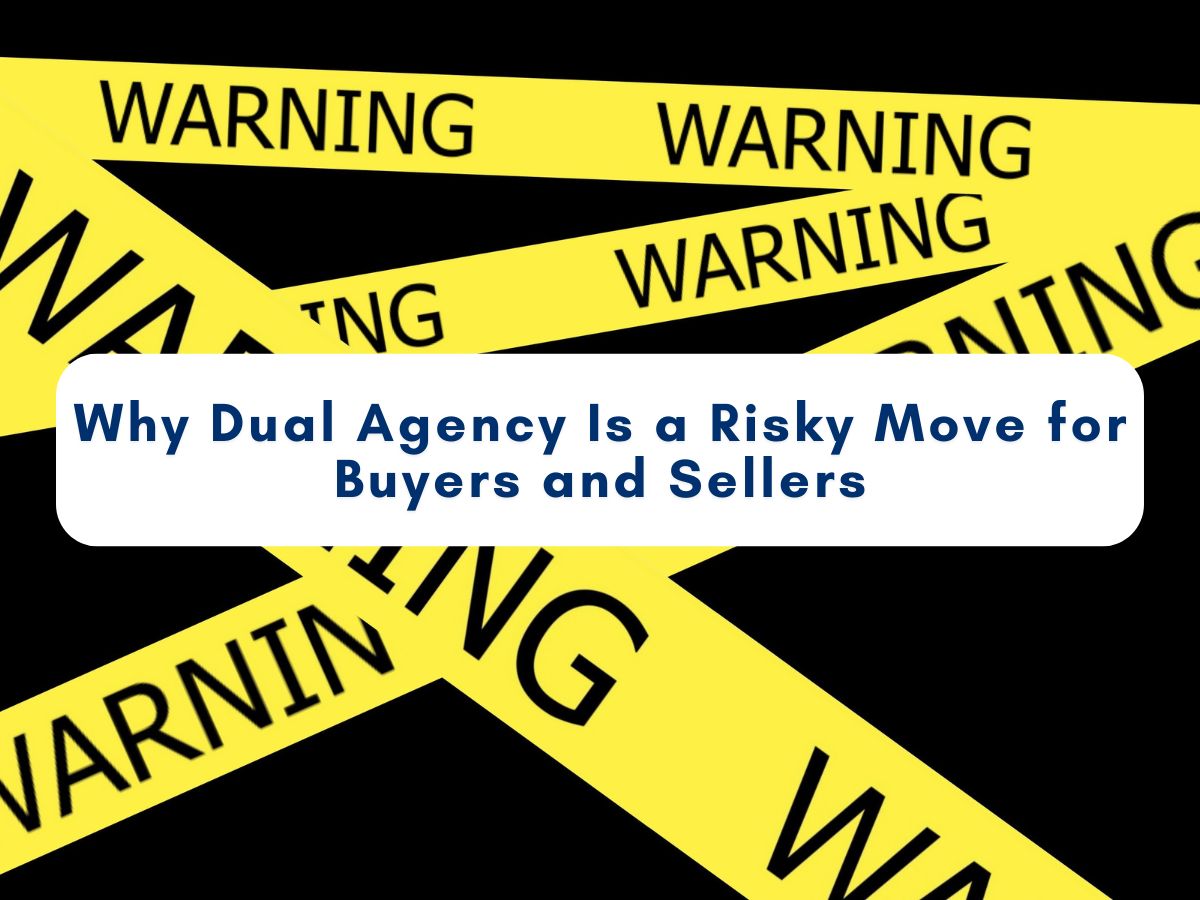
What Is Dual Agency in Real Estate?
Dual agency occurs when one real estate agent (or brokerage) represents both the buyer and the seller in a single transaction.
Sounds simple enough, right?
Not quite.
At first glance, it might seem efficient—fewer people involved, one point of contact, faster communication. But in reality, dual agency creates a serious conflict of interest that can affect both sides of the deal.
⚠️ When one agent tries to represent both parties, it limits their ability to fully advocate for either of them.
Why Dual Agency Creates a Conflict of Interest
Let’s say you’re a first-time home buyer and the listing agent offers to represent you as well as the seller. That agent now knows:
-
How much the seller is willing to accept
-
Your maximum budget and motivations
-
Each party’s timelines, flexibility, and pressure points
But here’s the problem: a good buyer’s agent is supposed to negotiate on your behalf. And a good listing agent? They’re supposed to get the best terms and price for the seller. So how can one person—or even one brokerage—possibly do both jobs at once without compromising one side?
They can’t. In a dual agency setup, the agent is legally restricted from providing full fiduciary duties to either party. That means no advising, no negotiating aggressively, no helping you read between the lines of a deal.
It becomes more about facilitating the paperwork than advocating for your goals.
The Real-Life Risks of Dual Agency
Here’s where it gets dicey, especially for:
✅ First-Time Home Buyers
Buyers deserve guidance, education, and advocacy. Dual agency strips away personalized advice that could help you avoid common mistakes like overpaying, waiving inspections, or missing repair red flags.
✅ Home Sellers
You expect your agent to push for top dollar. But in a dual agency setup, they can't push the buyer—or reveal if there might be a better offer around the corner.
✅ Military Families PCSing to Virginia
You're likely on a tight timeline, relocating from another state or country, and relying heavily on your agent’s expertise. Dual agency can leave you feeling unsupported and uncertain about whether you're making a wise investment.
✅ Land Buyers
Zoning issues, easements, and surveys can be tricky. You need an agent who will research and dig in for your protection—not just facilitate a deal.
Dual Agency Is Illegal in Some States for a Reason
Several states, like Colorado, Maryland, and Kansas, outlaw dual agency altogether. Why? Because it inherently limits representation and opens the door to ethical concerns.
Even in states like Virginia, where it's legal with full disclosure, many brokerages prohibit it to avoid liability and protect clients.
Why take the risk?
A Better Alternative: Designated Representation
Let’s say you fall in love with a home, but the listing agent works for a big real estate company. Instead of dual agency, many firms will use designated agency—where each party gets their own agent from the same brokerage.
This setup ensures:
-
You get a dedicated advocate
-
Each party has personalized advice
-
There’s no overlap or blurred lines
✅It’s not about slowing down your deal—it’s about protecting your long-term interests.
What Happens If You Approach the Listing Agent Directly?
It’s common for buyers to want to “go straight to the listing agent,” thinking it’ll help them win the home or save money on commission. But here’s what you should know:
-
The listing agent’s loyalty is to the seller.
Their job is to get the highest price and best terms possible for the homeowner. -
They may not be able to advise you.
Even with disclosure, they can’t ethically help you negotiate the best deal while also working for the seller. -
You could leave money on the table.
Without someone negotiating on your behalf, you might miss opportunities to ask for repairs, credits, or better terms.
A better move? Ask the listing agent to refer you to another agent. Many agents will gladly connect you with a trusted professional who can focus solely on your goals.
How to Protect Yourself as a Buyer or Seller
If you're entering the real estate market, here’s how to ensure you're being fully represented:
1. Ask Early About Representation
Before you view homes or list your property, ask the agent who they represent and how.
2. Sign a Buyer or Listing Agreement
This formal agreement defines the relationship and ensures your agent is working in your best interest—not someone else's.
3. Avoid “Going Solo” with the Listing Agent
Even if you feel confident, you deserve someone who will guide you through every negotiation and protect your interests.
4. Work With Agents Who Prioritize Ethics
Find a REALTOR® or brokerage that avoids dual agency entirely. It’s a sign they put clients first, always.
Final Thoughts: Your Peace of Mind Comes First
Buying or selling a home is a major life decision—and you deserve to feel confident that your agent is working solely for you. Dual agency may seem convenient, but it often comes at the cost of trust, transparency, and effective advocacy.
Whether you’re navigating your first purchase or preparing to sell your home, working with a dedicated, ethical agent can make all the difference.
In areas like Culpeper, Locust Grove, or parts of rural Virginia, there may only be a few active agents. Buyers sometimes feel pressure to “just work with whoever listed the property.” The truth is you still have options. A good local REALTOR® will have a network of ethical professionals they trust. Even if they can’t represent both sides, they can refer you to someone who will look out for your best interests without the conflict.
If you're thinking about buying or selling a home in Virginia and want clear, professional guidance without the risk of dual agency, I'm here to help. Let’s connect for a quick consultation, or download my free buyer or seller guide to get started on the right foot.
➡️Your goals deserve full representation—nothing less!
Categories
Recent Posts
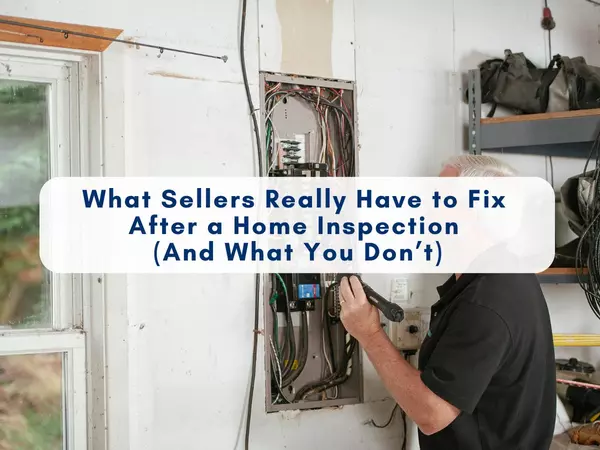



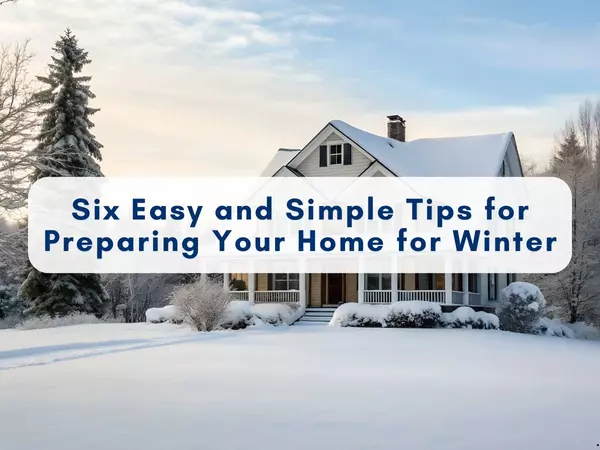

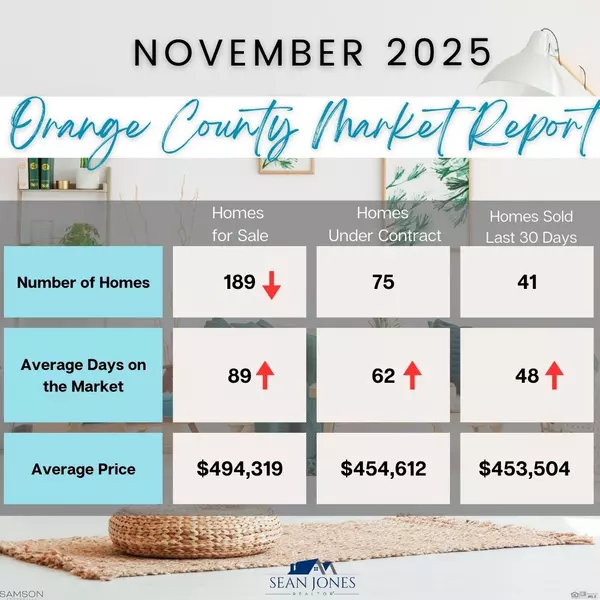
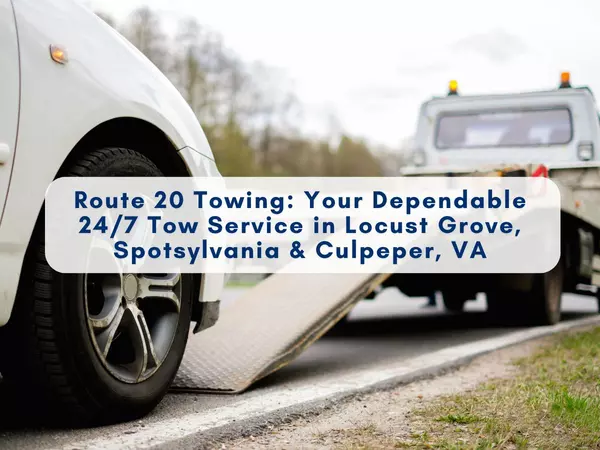

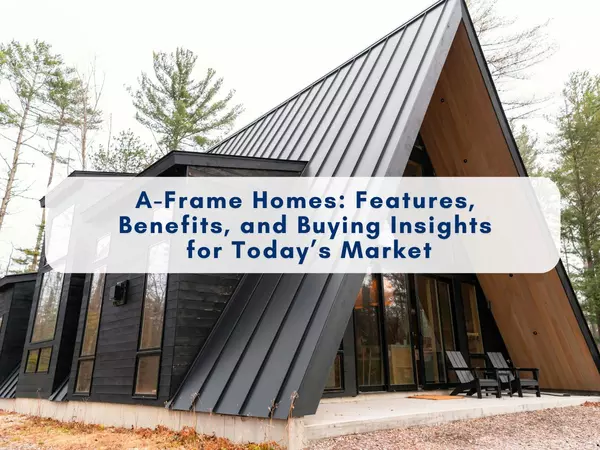

Buying a home isn’t just a financial decision—it’s a deeply personal journey filled with hopes, dreams, and big life changes. That’s why choosing the right real estate professional is one of the most important steps you can take.
A knowledgeable and experienced REALTOR® does more than open doors and write offers. They’re your advocate, your problem-solver, and your steady guide through what can sometimes feel like an overwhelming process. Whether it's navigating a competitive market, negotiating on your behalf, or keeping things on track behind the scenes, the right agent is there to protect your interests every step of the way.
In the end, buying a home should be an empowering experience. With the right person by your side—someone who brings both expertise and heart—you can move forward with confidence, knowing you're in good hands with Sean Jones.
GET MORE INFORMATION
